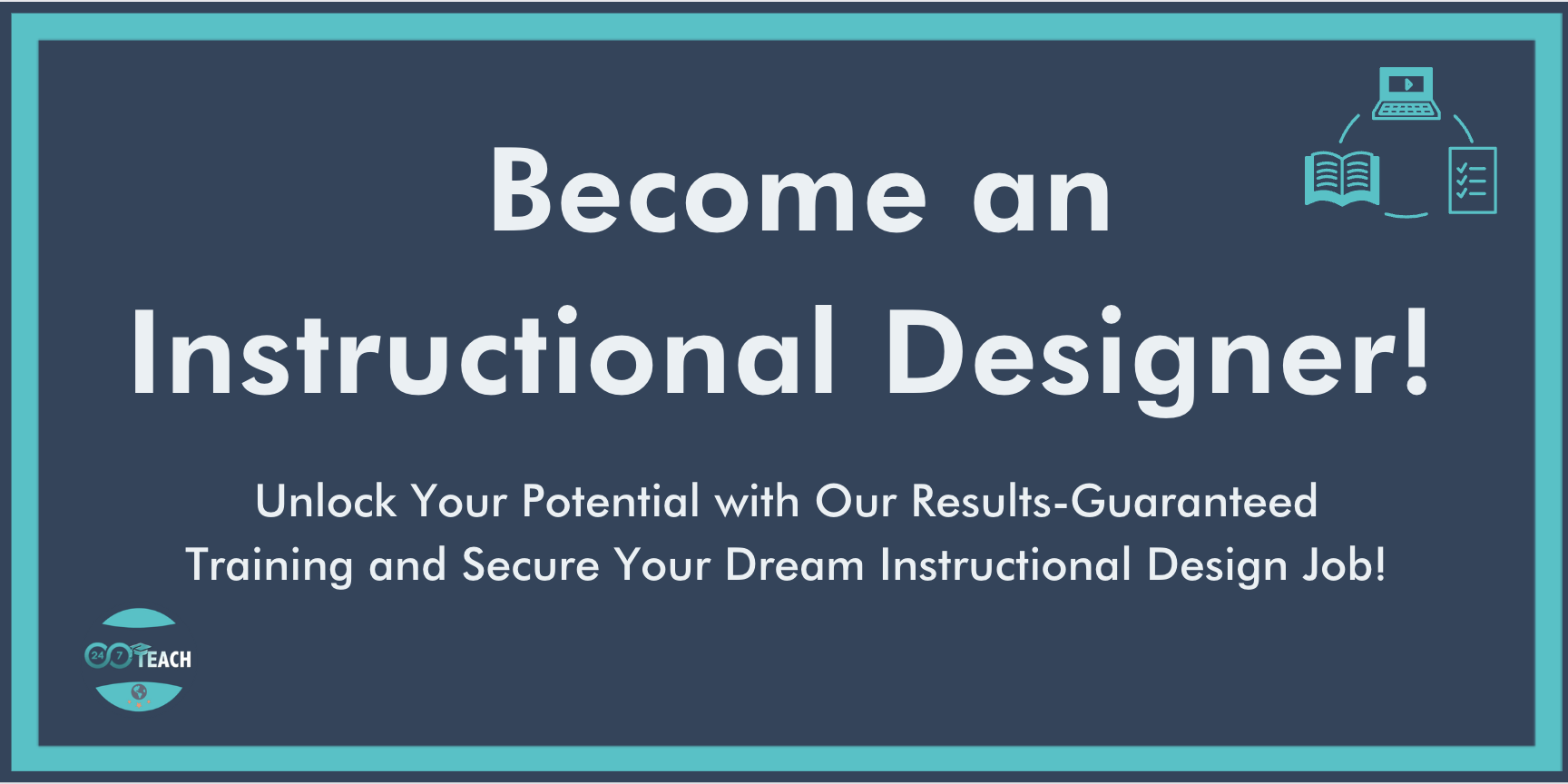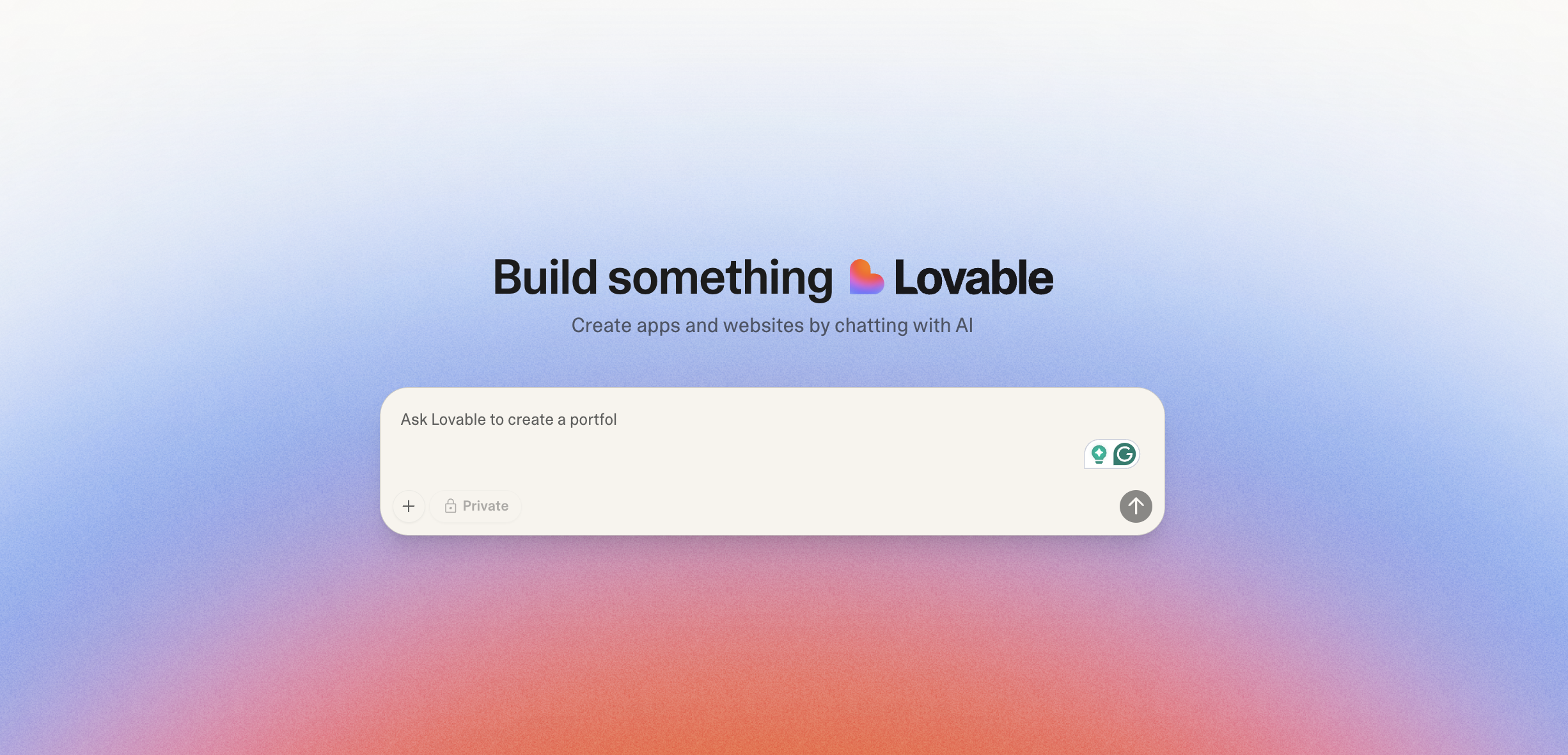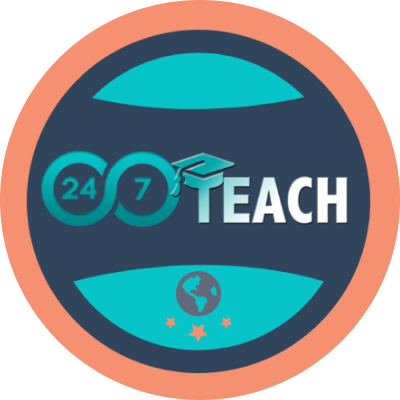Transforming Onboarding: How Training, Data, and Alignment Lead to Success with Articulate Storyline
By Zaynah Danquah, M.Ed.
24/7 Teach Lead Instructional Designer
Prefer to listen to this post? Click below.
Turning Challenges into Triumphs - A Journey of Learning, Efficiency, and Impact with Articulate Storyline:
Introduction
My team marked a significant achievement recently as we wrapped up our first onboarding branching scenario using Articulate Storyline. The journey was not without its challenges, especially considering that most of the team were novices when it came to Storyline. Yet, despite this learning curve, we managed to successfully complete the project within the required timeframe. In this blog post, I'm excited to share the insights I gained throughout this process. While I can't provide access to the actual proprietary content we developed, I will offer you a glimpse into our experiences and the valuable lessons we learned.
Ensuring Team Alignment with Project Needs
Undoubtedly, one of the most critical factors that contributed to our success was the alignment of our team's capabilities with the project's demands. Each team member brought their unique strengths and expertise to the table, and we recognized the importance of leveraging these strengths effectively.
For example, we conducted a skills assessment to gauge everyone's familiarity with Storyline and related instructional design tools. This assessment revealed a significant gap in the skills and time necessary to successfully complete our project. We determined that several members required additional training for the project. And by conducting the project analysis early, we were able to organize training in a way that supported our project deadline.
Effective Training: A Shortcut to Hours Saved
Navigating a new software like Articulate Storyline was uncharted territory for most of our team members. However, investing time in training and upskilling proved to be a game-changer. Because of the tight deadline, we decided that "learning on the job," assuming that we'd pick up the software's nuances as we went along, would be inefficient and lead to us missing our deadline. Instead, we realized the need for effective training. We enlisted the help of another colleague, who provided efficient, streamlined training based on the project objectives we had outlined.
This investment in learning paid off in spades. Tailoring the training to the needs of the project saved us from sifting through tutorials that were not applicable. Although the colleague who provided the training also joined our team, the other team members gained enough proficiency to quickly create entire Storyline branches on their own with minimal support. The newfound proficiency significantly reduced the time spent grappling with software intricacies, allowing us to focus more on the creative and instructional aspects of the project. The hours saved were a testament to the power of effective training.
Gathering Data for Relevance
As we analyzed the onboarding branching scenario project, we realized that crafting a meaningful and effective learning experience required more than just technical prowess. We needed to ensure that the scenarios we were creating resonated with our target audience – new team members who would soon step into their roles. To achieve this, we turned to the power of data, harnessing qualitative and quantitative surveys to gather insights that would shape our content.
Quantitative questions helped us pinpoint specific topics where interns needed the most guidance. Through open-ended questions, we asked them to share the challenges they faced and the strategies that helped them in their new roles. The responses were enlightening. We could confidently tailor our branching scenarios to be not only informative but also relevant and applicable. The scenarios became more than just interactive learning exercises; they evolved into immersive simulations of real-world challenges our new team members would likely encounter.
Prototyping: Building an Efficient Learning System
One of the pivotal moments in our journey was the realization that prototyping could drastically enhance our efficiency. Instead of jumping headfirst into full-fledged content creation, we decided to create a prototype of our branching scenario. This served as a blueprint, allowing us to visualize the entire learning experience before investing significant time in detailed development.
The prototyping phase helped us identify potential roadblocks, assess the feasibility of our design, and gather valuable feedback from stakeholders. It acted as a safety net, preventing us from investing excessive effort into a design that might not have achieved our desired learning outcomes. This iterative approach allowed us to fine-tune our content and structure while minimizing the need for major revisions later in the process.
Effective Planning Saves Revision Time
Integrating survey insights into our scenario development paved the way for exceptional stakeholder satisfaction, rooted in the relevance of our content to both interns and organizational objectives. The scenarios, finely tuned to address interns' real-world challenges, resonated with stakeholders, who recognized the value of aligning training with authentic experiences. This connection generated an organic sense of authenticity, seamlessly integrating into the broader training strategy.
Furthermore, stakeholders' positive perception of the scenarios' relevance translated into a cohesive QA process, saving valuable time and resources, and minimizing the need for extensive revisions. The content's seamless integration with organizational goals established a sense of purpose and impact, creating a ripple effect that not only resonated with stakeholders but also elevated the project's efficiency and overall success.
Conclusion
Our journey into Articulate Storyline, culminating in the completion of a successful onboarding branching scenario, was a profound learning experience. The insights we gained are a testament to how the power of effective planning, the efficiency of prototyping, the value of training, and the importance of aligning team capabilities with project needs can transform challenges into triumphs. Embracing the challenge of navigating new software and creating impactful scenarios, we proved that investing in training is an investment in efficiency. Our embrace of prototyping highlighted the value of iteration, ensuring not just functional content but exceptional learning experiences. Leveraging survey data to shape our scenarios showcased that relevance is not a luxury, but a necessity, fostering stakeholder satisfaction and driving the efficiency of our QA process. As we move forward, armed with these insights, we are inspired to continuously strive for excellence in our instructional design endeavors.
Discussion Question:
Join the conversation by answering in the comment section below:
How does the approach to prototyping and tailored training, as described in the blog post, align with your own experiences in instructional design? Discuss a project where you faced similar challenges and how you might implement or modify these strategies to enhance efficiency, relevance, and stakeholder satisfaction in future instructional design endeavors.
Need Guidance on Navigating the Shift to Instructional Design?
Before You Go...
Discover the Unmatched 24/7 Teach Experience:
Our Instructional Design bootcamps and career coaching services have a 100% success rate. We redefine learning by immersing you in practical, hands-on projects, ensuring you acquire vital professional expertise while making a meaningful difference in your community.
Unlock your true potential today with 24/7 Teach and invest in your future.











